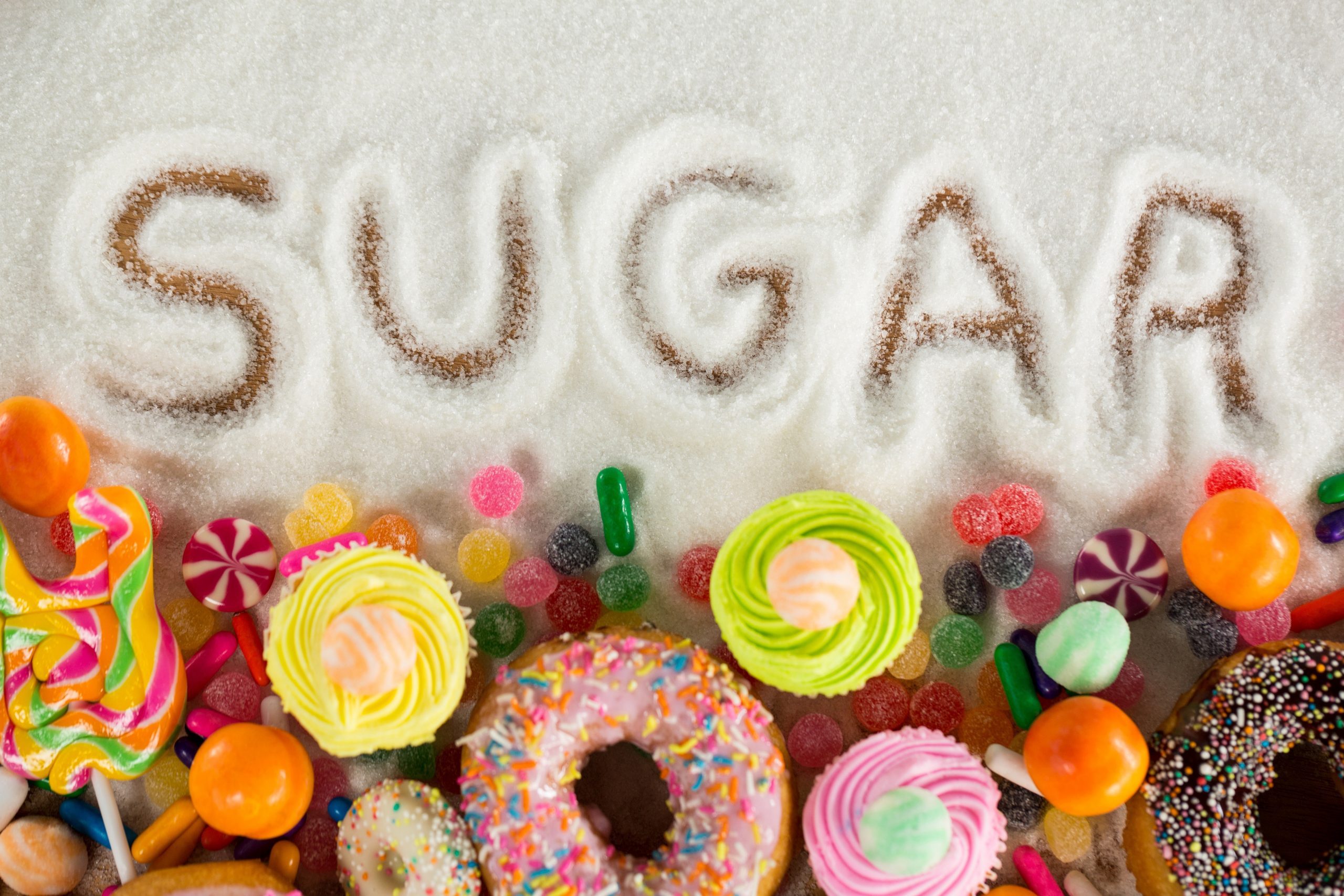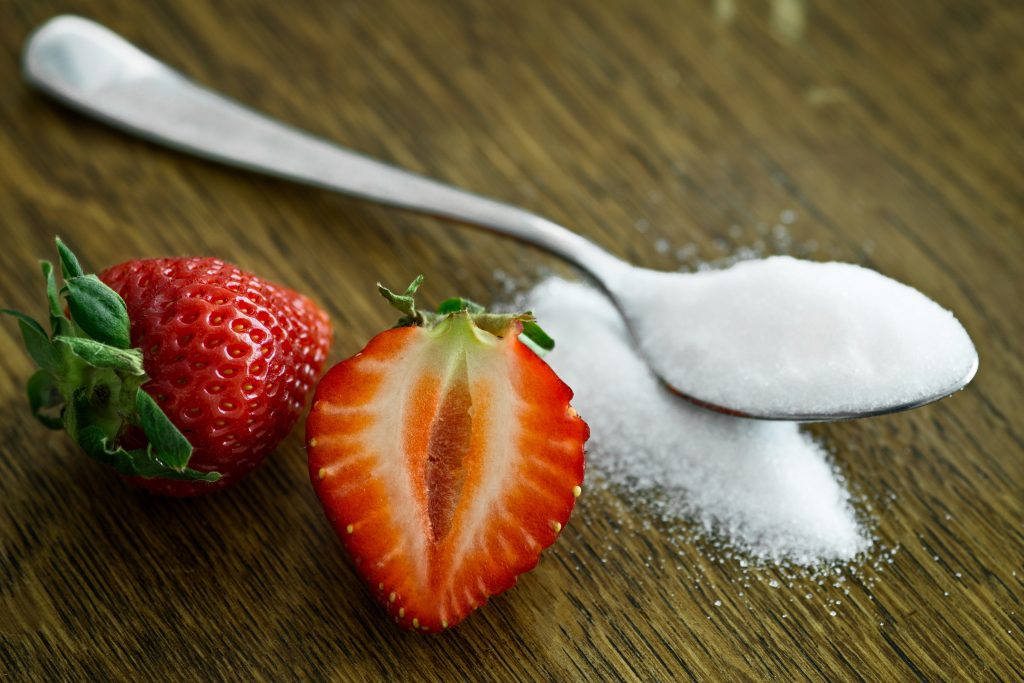
09 Mar Artificial Sweeteners and Sugar Substitutes
The US Food and Drug Administration (FDA) has currently approved 8 artificial sweeteners and sugar substitutes.
The number of foods and drinks with artificial sweeteners and sugar substitutes has skyrocketed. Artificial sweeteners and sugar substitutes are being added to jelly, yogurt, fruit cups, cookies, soda, and juice.

Parents often believe that eating and drinking products with “zero-calories” are the key to weight loss. However, artificial sweeteners and sugar substitutes are hundreds to thousands of times sweeter than regular table sugar! Eating and drinking items with sweetness but without calories confuses the body’s normal digestive processes and leads to intense food cravings and overeating. Long-term studies have linked artificial sweeteners and sugar substitutes to causing weight gain.
Stevia is a natural, no-calorie alternative sweetener made from the plant Stevia rebaudiana. Sweeteners made with stevia are not always 100% natural because they include
additives and fillers to improve the shelf stability of the product. If you choose to use stevia, buy the purest, natural form of stevia that has only one ingredient: organic stevia leaves.
Until more research is available, I would strongly recommend to avoid giving artificial sweeteners and sugar substitutes to children. I encourage everyone to read food labels. Often times, foods and drinks are advertised as “no added sugar” or “reduced sugar” but they actually contain artificial sweeteners or sugar substitutes. Check “fat-free” and “reduced fat” foods because they often contain up to three times the amount of sugar found in full-fat versions.
The FDA endorses the safety of artificial sweeteners and sugar substitutes, but currently, it is unclear if there are any long-term health effects from these products in children.
If you would like more information about gastrointestinal (GI) digestive disorders and nutrition in children, please contact Dr. Mona Dave’s Frisco Office or Southlake Office.
| Nonnutritive Sweeteners Approved by the U.S. Food and Drug Administration | ||
| Name: | Brand: | Examples of products it is used in: |
| Saccharin | Sweet’N Low Necta Sweet Sweet Twin | Diet sodas, “low sugar” or “reduced sugar” jellies and jams, cookies, chewing gum, yogurt. |
| Aspartame | NutraSweet Equal Sugar Twin | Sugar-free gelatin, diet sodas, flavored drink mixes, reduced-calorie fruit juice, energy drinks, breakfast cereals, sugar-free ice cream. |
| Acesulfame potassium (Ace-K) | Sweet One Sunette | Diet shake mixes, sugar-free hard candies, no-sugar-added fruit cups, electrolyte replacement drinks, diet sodas, baked goods, salad dressings. |
| Sucralose | Splenda | Diet sodas energy drinks, flavored drink mixes, sports drinks, sugar-free puddings and gelatins, no-sugar-added ketchup. |
| Neotame | Newtame | Flavored fruit drinks, protein shakes, chewing gum |
| Stevia (steviol glycosides from leaves of stevia plant) | Trivia PureVia | Protein shakes, diet sodas, and flavored waters, vitamin-enriched flavored drinks. |
| Luo han guo (extracts of Siraitia grosvenorii Swingle fruit, also called monk fruit) | Monk Fruit in the Raw Nectress PureLo Enliten | Coffee and protein beverages, yogurt, frozen desserts, teas. |
| Advantame | No brand name yet | Approved in 2014, it is beginning to be used in products such as sports drinks. |